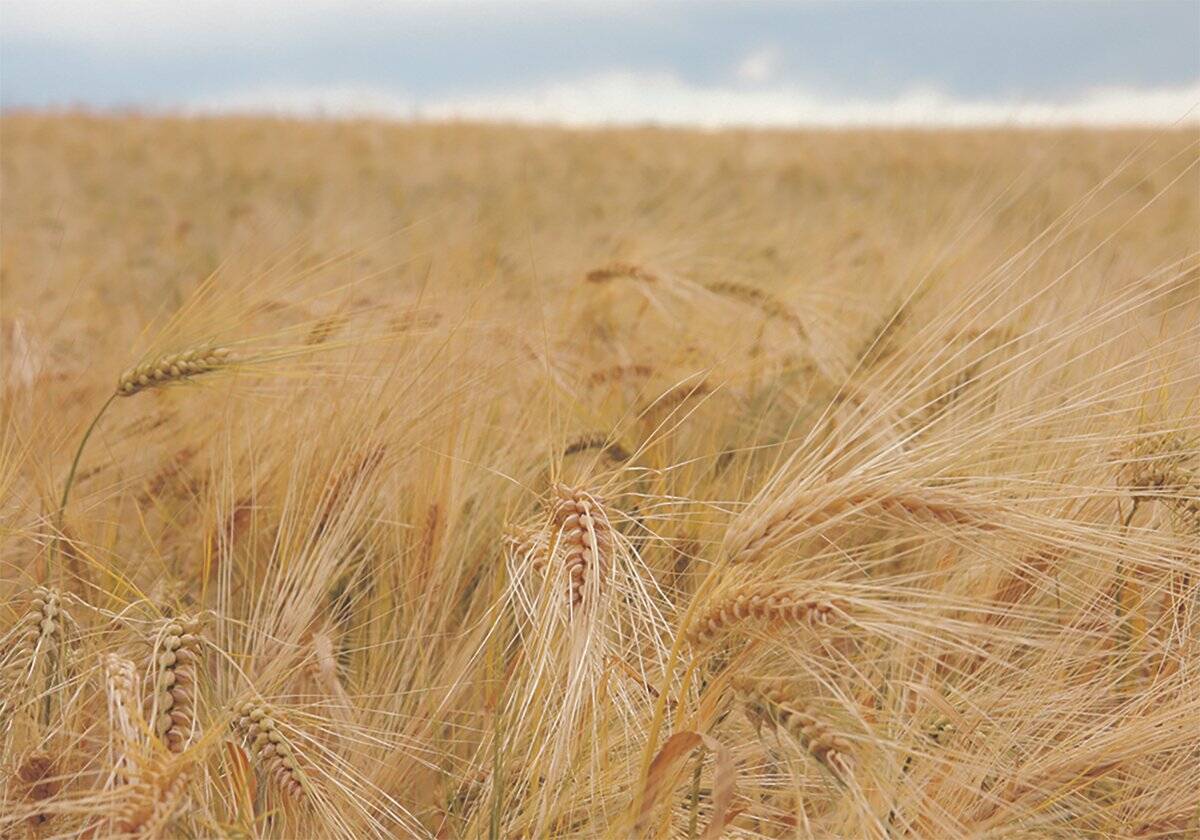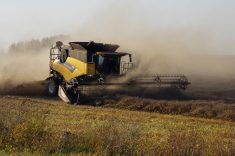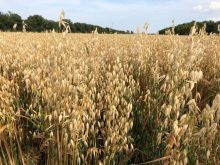The Manitoba government plans to push out its fuel tax exemption on Manitoba biodiesel and replace it with production grants paid directly to the province’s biodiesel makers.
“We expect paying a grant to provincial producers, rather than a fuel-tax exemption, will be more effective in making producers competitive and thus encourage the local production of biofuels,” Energy Minister Dave Chomiak said Thursday, introducing amendments to the provincial Biofuels Act.
The amendments would biodiesel producers get grants equal to 14 cents per litre produced over a five-year period, starting immediately.
Read Also

Feed Grain Weekly: Barley still the king of Canadian feed grains
Brandon Motz of CorNine Commodities in Lacombe, Alta. said barley is still the preferred feed grain of choice here and abroad.
The grant would be capped at 20 million litres per year, represents roughly the amount of biodiesel the province estimates it would require to meet its biodiesel sales mandate.
The province last fall passed legislation mandating an average two per cent biodiesel content for all diesel fuel sold in the province, as of November 2009.
“We have consulted with biofuels producers, fuel suppliers and other stakeholders to create a seamless transition to biofuels use and to identify and respond to issues of concern,” Chomiak said.
The province now has just one licensed commercial biodiesel maker, Speedway International of Winnipeg, which has capacity to produce 20 million litres annually, along with its other biofuel products such as racing-grade ethanol.
Two other biodiesel makers, Bifrost Bio-Blends and Eastman Biofuels, are expected to be licensed later this month as commercial facilities and add another 15 million litres of biodiesel production capacity.
Bifrost Bio-Blends is putting up a four million-litre per year canola-based biodiesel facility near Arborg, about 110 km north of Winnipeg.
Eastman Biofuels, meanwhile, is working on a 10 million-litre per year facility making biodiesel from non-food grade canola and recycled fats and greases at Beausejour, about 55 km east of Winnipeg.
The amendments introduced Thursday include measures the province expects will “support compliance by fuel suppliers with the province’s biofuels mandates.”
Those include taking into account the “unique fuel-distribution patterns” in northern Manitoba, and providing “flexibility to deal with emergencies” such as shortages of biofuels or regular fossil fuels.
The amendments also include exemptions for fuel sales in certain areas of the province, such as the north, where biodiesel distribution and storage in remote communities can be difficult.














